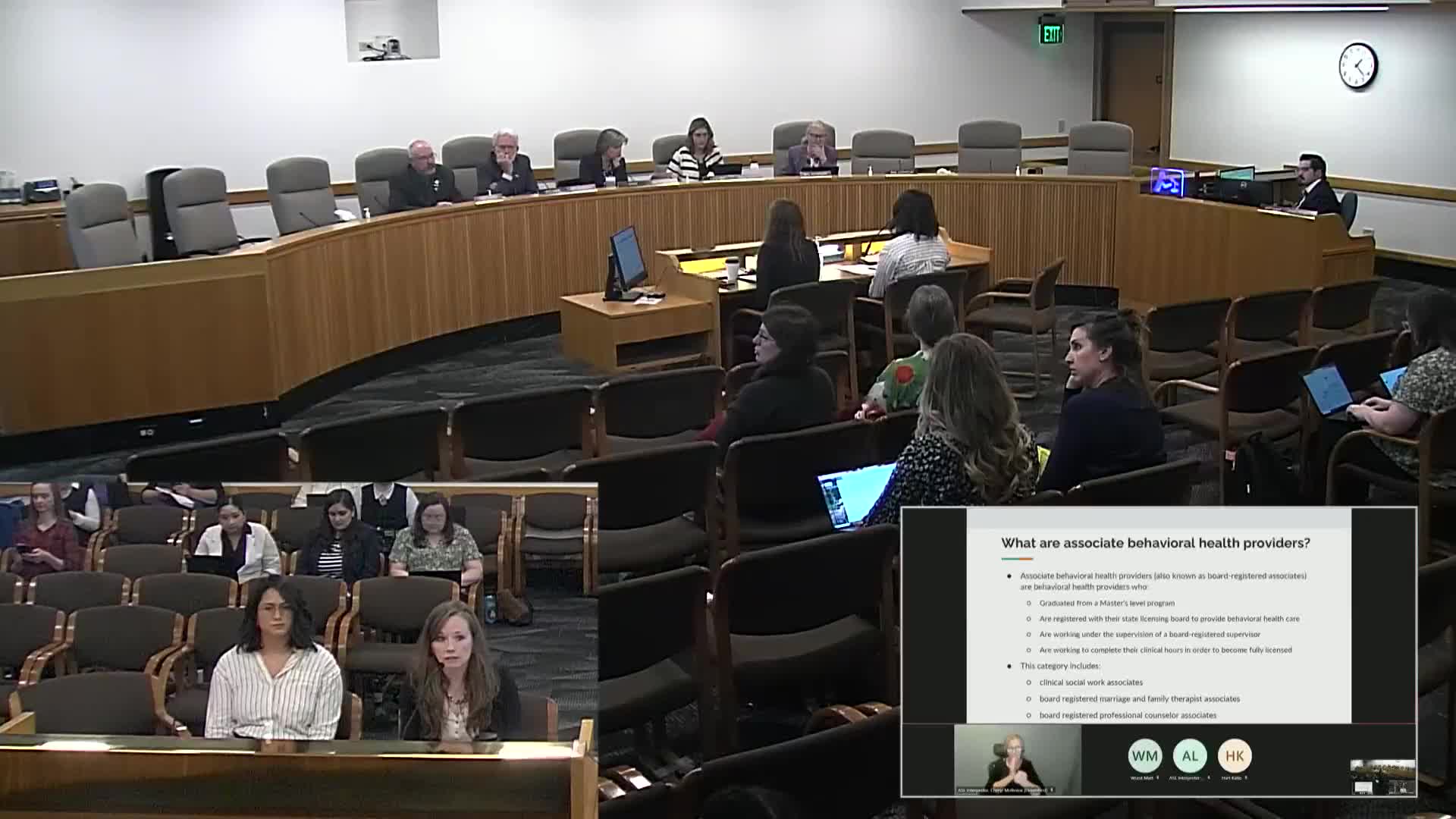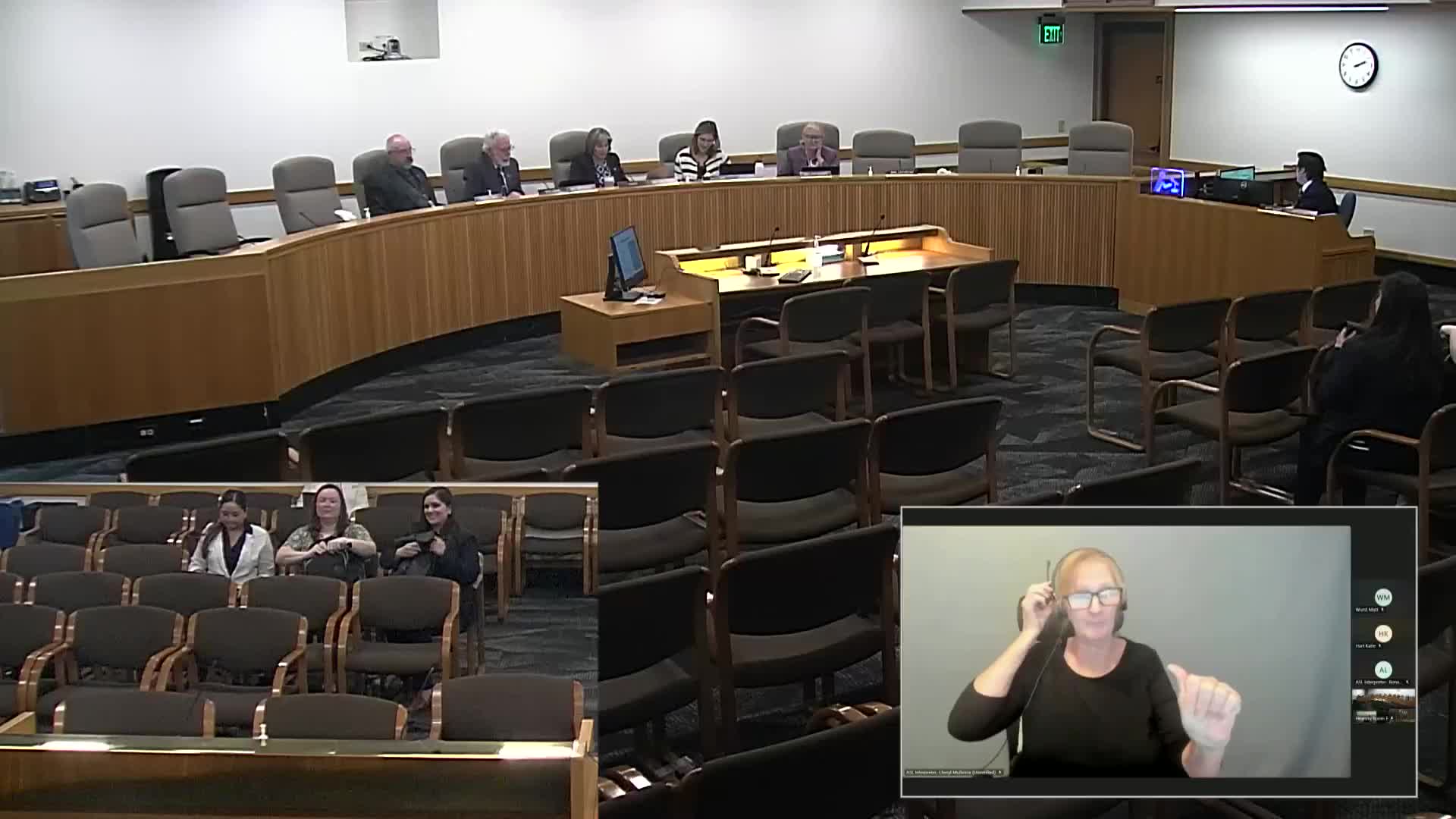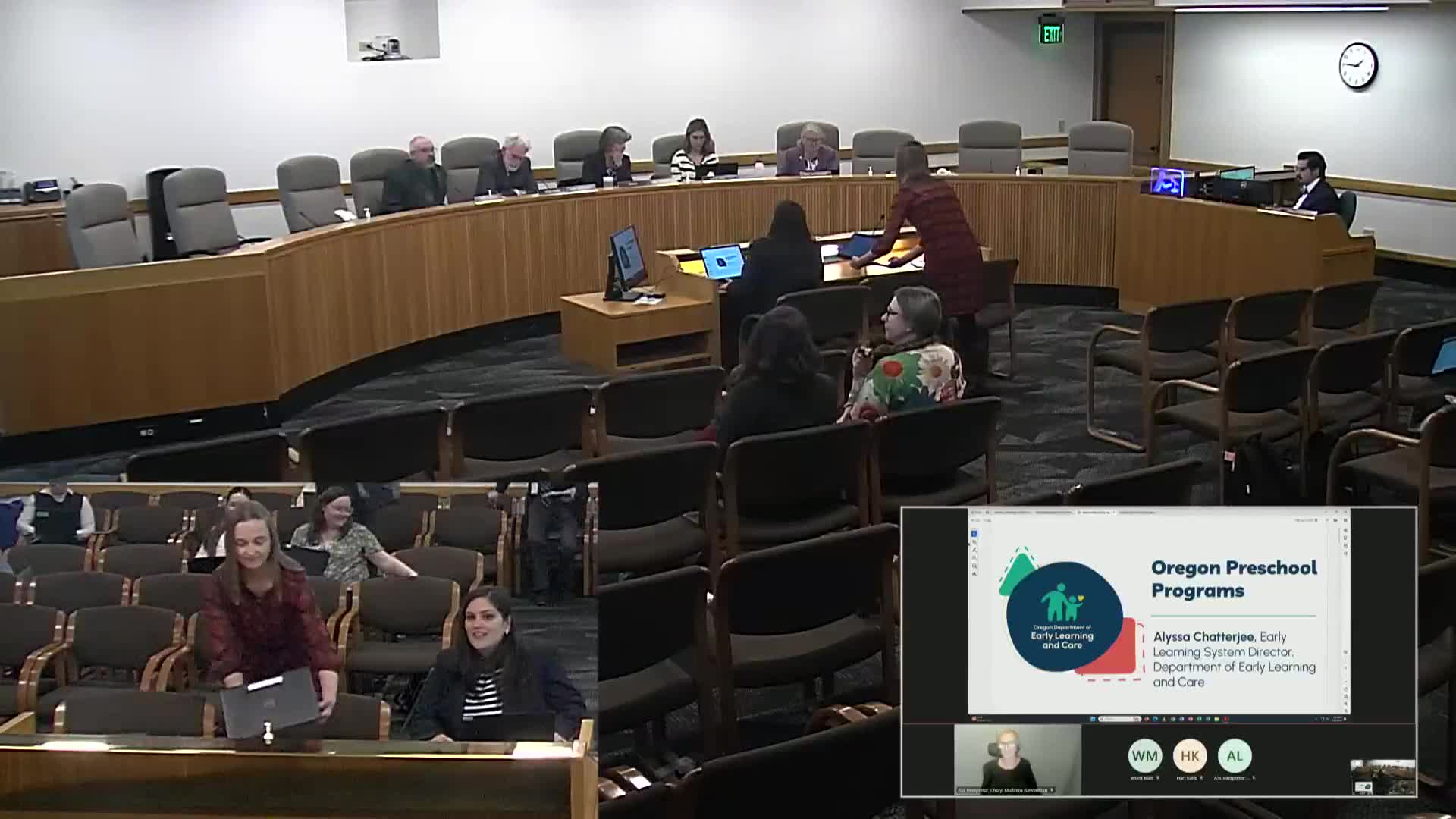Article not found
This article is no longer available. But don't worry—we've gathered other articles that discuss the same topic.

Oregon Health Authority begins rulemaking on where associate behavioral health providers may bill Medicaid; advocates warn patients could lose care

Senate committee forwards House Bill 2013A to the floor to add licensed outpatient SUD programs as commercial mental health providers

